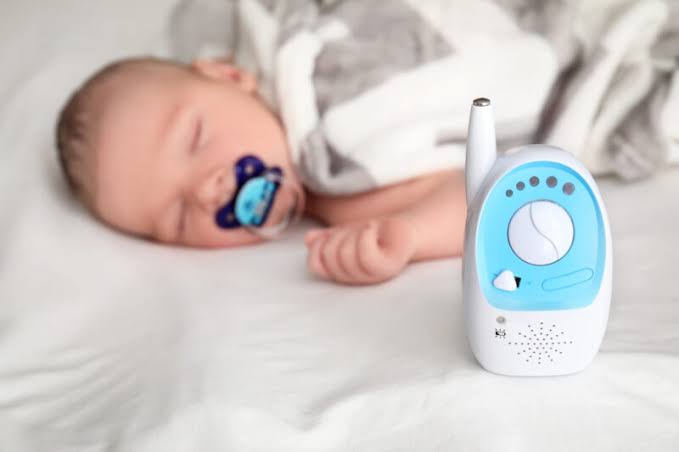
Dr. Ziad Kurd Ali, a senior specialist in ear, nose and throat at the University Hospital in Sharjah, stressed the importance of parents monitoring their children’s breathing during sleep, and quickly seeking medical advice in the event of problems that prevent breathing through the nose, most notably exposure to various negative effects on the heart and brain, as a reference Difficulty inhaling air while breathing during sleep can be attributed to various causes, including congenital.
Or later being exposed to injuries and bruises as a result of movement and playing, or due to genetic factors that lead to the growth of the nasal septum above the normal rate, leading to a deviated nose and exposure to breathing problems during sleep in a condition known medically as “deviated nasal septum.”
Parents of students were alerted that their children’s poor mental concentration during the day is one of the most prominent symptoms associated with a deviated nasal septum, with the child’s low physical activity, and his tendency to lethargy and laziness due to the lack and instability of sleep during the night, and thus the low level of his academic achievement compared to his other peers who do not have breathing problems. Through the nose.
Nasal septum
He said: “There are more than 10 problems that make performing operations for a deviated nasal septum very important, in contrast to the common mistake in society that the reasons for performing such an operation are usually cosmetic and not therapeutic, even though the reality is contrary to that, and necessitates intervention to treat the problem.”
He added: “When the deviated nasal septum is moderate and not accidental, the necessity can be overcome by performing the operation. This is known by periodically reviewing the specialist doctor to find out the truth of the problem and find out the extent of the necessary treatment. When it is serious, it is treated with surgery inside the nose without external incisions.”
The University Hospital dealt with dozens of cases with outstanding results, and the patients were rehabilitated after the operations were performed within 48 hours to return to their normal lives in a stable manner, including complex and advanced operations in terms of injury.”
Recurrent infections
He continued: A deviated nasal septum leads to several health problems, most notably chronic and recurrent nasal obstruction, recurrent infections of the mucous membranes leading to a weak sense of smell, disordered sinus ventilation, which causes recurrent inflammation, and exposure to recurrent nosebleeds in the form of bloody secretions or nosebleeds. Sometimes, there are also chronic headaches, and severe lack of oxygen that leads to various heart disorders.






